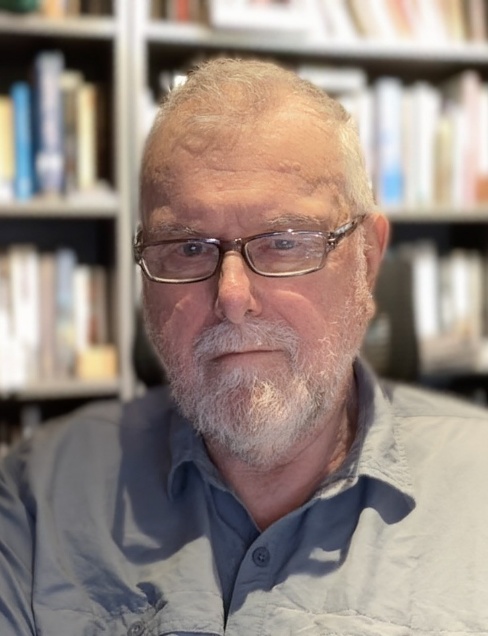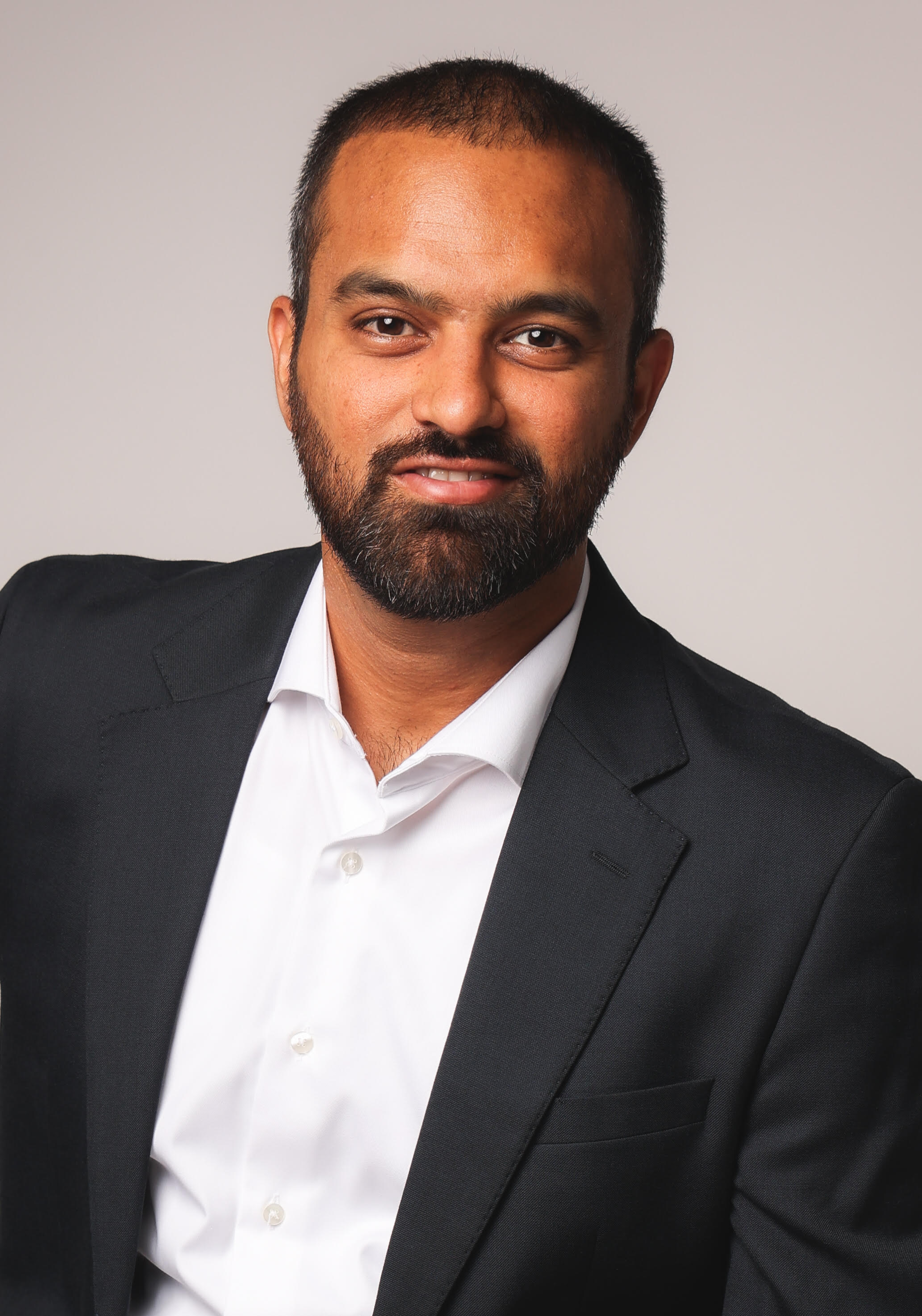
|
|
|
Program > Plenary Sessions

Dr.-Ing. Stefan Drecker
VDI, Missouri, USA
Professional career
Graduate Studies in Mechanical Engineering at University Duisburg, (D); Nuclear Engineering at RWTH Aachen, (D); Ph.D. at Research Centre Juelich, (D); Research Scientist at Argonne National Laboratory, Chicago, (USA)
Project Manager Engineering Nuclear Fuel Assemblies at SIEMENS KWU, Erlangen (D); Project Manager Manufacturing Nuclear Fuel Assemblies at ANF GmbH Lingen, (D); Project Manager Postal Automation at SIEMENS Konstanz (D); Program Manager Continuous Process Improvement, CMMI, DIN 9001; Director of Quality Management at SIEMENS Konstanz (D); Project Director at Central States Inc., Mountain Grove (USA)
Educational career
Guest Professor at Baden-Wuerttemberg Cooperative State University (DHBW) Friedrichshafen (D), Ravensburg (D) and at Konstanz University of Applied Sciences (HTWG), Department of Electrical Engineering and Information Technology (D); classes on Quality Management, Process Management, …
Keynote: Shaping the Future with Mechatronics and the Impact of Skill Management as Key Success Factor
In 2015, the United Nations defined the 17 Sustainable Development Goals. Mechatronics is key in achieving these objectives, especially when viewed through a broader lens. Sophisticated advancements have already led to vast improvements in related fields, but each step forward also opens the door to new possibilities. With every significant development, more opportunities arise in the areas of research and innovation. This leads to new markets. It is a time for visions and ideas; it is time to be creative.
While the euphoria of Mechatronics and the incredible influence it will have on the future seem to be founded on engineering developments and technology alone, it is crucial to remember that without skills such as communication, time management, and organization, technical developments will fall flat. Success requires a balance of technological knowledge and soft skills. Interpersonal communication, adaptability, and teamwork are often considered secondary to hard skills, and are assumed to be a result of natural abilities. Both assumptions are false. Soft skills are not only essential to ensure efficiency in all stages of technological advancement, but also in bringing these into practical use. Soft skills need to be taught, trained, and shaped to facilitate success. Identifying personal strengths and weaknesses is an important first step. Different forms of training are widely available, and there is something for every purpose and individual. With the right mix of skills, Mechatronics will shape the future.

Prof. Emeritus David Bradley
Professor of Robotics, Energy and Health Engineering, University of Abertay, UK
Having taught at Lancaster University, Bangor University and Abertay University in the UK, Prof Emeritus David Bradley has also been a visiting fellow at the Technical University of Denmark and a professorial research consultant at Sheffield University and Barnsley Hospital and a research engineer, while on sabbatical leave, at New Zealand Electricity. His prior research interests have included engineering design, power system harmonics, construction robotics, eHealth & mHealth technologies and the modelling of hydro-power stations.
He is currently Professor Emeritus at Abertay University in the UK and has a long-standing involvement in Mechatronics teaching and research which began in the mid-1980s when he was involved in the establishment of the MEng and MSc programme at Lancaster University. He has also acted as a consultant on mechatronics course development in, among others, South Africa, Mauritius, Singapore and Colombia and has been a visiting lecturer on mechatronics programmes in Colombia, Singapore, South Africa as well as at several locations in Europe.
A co-founder of the UK Mechatronics Forum, later the Mechatronics Forum, he was also the originator of the Mechatronics Forum Conference series, the first of which was held at Lancaster University in 1989.
Though no longer directly involved in academic life, he maintains close links with the Mechatronics community acting as a consultant and advisor to various research and teaching groups as well as a through continuing involvement in reviewing of both articles and research grants.
His interests now centre around the ways in which Mechatronics has evolved, and indeed continues to evolve, in respect of developments in technology and their impact on society, as for instance in achieving sustainability, within the wider context of Mechatronics.
He has been the author, lead author or co-author of 6 engineering textbooks has been a contributing editor for a series of five Mechatronic oriented books of essays for Springer. In addition, he has been involved in several further book chapters along with some 50 papers in academic journals and a further 150 at conferences.
Keynote: Mechatronics Education & the Challenge of Complexity - A (Very) Personal View
Since the initial introduction of undergraduate and postgraduate courses in Mechatronics in the earlyto mid 1980s until today there has been a continuing debate as to how to achieve the necessarybalance between the technical detail associated with specialist engineering programmes and thebroader world view that is expressed byMechatronics.
The presentation therefore begins by addressing the basic question of “What is Mechatronics?” andlooks at this from the perspective of Mechatronic’s links to design (and indeed project management)and hence the variousattempts that have been made over the years to provide a definition forMechatronics, perhaps an impossible taskgiven its breadth and links to context! This then leads to a brief look at one exemplar attempt to provide both context and structure forcourse designers.
However, and in relation to the above discussion, it is clear that Mechatronics today is not what itwas in the 1980sor before, and a major reason for this is the developments and changes intechnology that have taken place, and which indeed are still occurring. This is considered through aseries of examples looking initially at the technologies themselves, then at the interconnectionsbetween the technologies and finally in respect of technical and organisational systems,demonstrating increasing levels of complexity throughout.
From this it is argued that for successful implementation of the Mechatronics concept, thencommunication is key.
Next, consideration is given to the potential for Artificial Intelligence to impact on Mechatronics, and in particular how it is taught, and a case is made for AI in an Intelligence Amplification (orIntelligenceAugmentation) role in education.
The presentation then considers the need for students to be both challenged and to challengethemselves, in part through the realisation that, unlike in many academic instances, there is usuallyno unique ‘right’ answer to a problem.
The technical element concludes by look at the situation as argued by the presenter in 2004 and howthis is relatedto what is perceived, by the presenter at least, to be the present day situation. The presentation ends by expressing thanks to all those with whom then presenter has worked with on Mechatronics and related issues over so many years.
Dr. Naoki Motoi
Associate Professor at Kobe University, Japan
Naoki Motoi received the B.E. degree in system design engineering and the M.E. and Ph.D. degrees in integrated design engineering from Keio University, Japan, in 2005, 2007, and 2010, respectively. In 2007, he joined the Partner Robot Division, Toyota Motor Corporation, Japan. From 2011 to 2013, he was a Research Associate with Yokohama National University, Japan. Since 2014, he has been with Kobe University, Japan, where he is currently an Associate Professor. From 2019 to 2020, he was a Visiting Professor with the Automation and Control Institute (ACIN), TU Wien, Austria. His current research interests include robotics, motion control, and haptic.
Keynote: Advanced Motion Control: From Robotic Manipulation to Mobile and Underwater Systems
Motion control is a fundamental technology enabling robots to interact effectively with humans and the environment. This talk presents recent advances achieved in my laboratory, focusing on three domains: robotic manipulation, mobile robots, and underwater systems. For robot manipulation, bilateral control and motion copying have been explored as frameworks for transferring human skills, while machine learning techniques enhance adaptability and generalization. For mobile robots, we have investigated remote operation with tactile sensation and autonomous navigation with collision avoidance. In addition, learning-based methods to improve robustness in dynamic environments have been reported. For underwater robotics, bilateral control has been extended to marine environments. Through these studies, we demonstrate how motion control can evolve from fundamental principles to practical applications, contributing to the realization of intelligent, resilient, and versatile robotic systems.

Nihar Shah
Airbus eXpert for Modeling and Simulation – Robotics & Automation, Airbus Operations GmbH, Hamburg, Germany
Nihar Shah is a Technical Leader (Expert) at Airbus, specializing in the modeling and simulation of complex robotics, automation, and mechatronics systems for aircraft manufacturing. Since 2022, he has held this leadership role, driving the adoption of advanced simulated technologies across the organization. His expertise includes robot trajectory planning, virtual commissioning, digital twin technology applications in manufacturing environments. He is actively engaged in several research and technology projects as well as critical operational topics.
Prior to his current position, Nihar joined the Airbus Central Organization for Robotics and Automation as a Simulation specialist in Hamburg, Germany, in 2018. He began his professional career in research at the Fraunhofer Institute for Manufacturing Technology and Advanced Materials (IFAM) in Stade, Germany, starting in 2016. Nihar received his B.E. in Mechatronics Engineering from Sardar Patel University (SPU), India, in 2010, and an M.Sc. in Mechatronics from the Technical University of Hamburg (TUHH), Germany, in 2016. His academic specialization included advanced robotics, sensors and optical 3D measurement technology, and automation and control.
Keynote: Evolution of Virtual Commissioning: Challenges, solutions and the AI Frontier
Virtual Commissioning (VC) and Digital Twin (DT) are key enabling technologies for the validation and optimization for complex automation and robotic aided manufacturing environments. This keynote provides the evolution of virtual commissioning adaptation in aerospace manufacturing, starting from traditional simulation methodologies to the on-the-ground measurement of system benefits.
Drawing upon practical industrial experience, the discussion critically analyzes the real-world deployment challenges and architectural hurdles encountered during the creation and implementation of robotic Digital Twins and virtual commissioning test benches. Specific attention is given to persistent shortcomings in achieving full system interoperability, safety, real-time monitoring, predictive maintenance, and process optimization for a successful implementation of digital twin. Furthermore, the presentation details the integration requirements for multi-physics simulation and the deployment of real-time operational sensor data within the DT framework. Finally, the presentation will address the frontier of AI-driven virtual commissioning and the future impact of machine learning and data-driven algorithms in automating and refining industrial commissioning practices. The keynote will provide the audience with a comprehensive understanding of VC's current state, key barriers to adoption, and its trajectory toward an AI-driven future.

